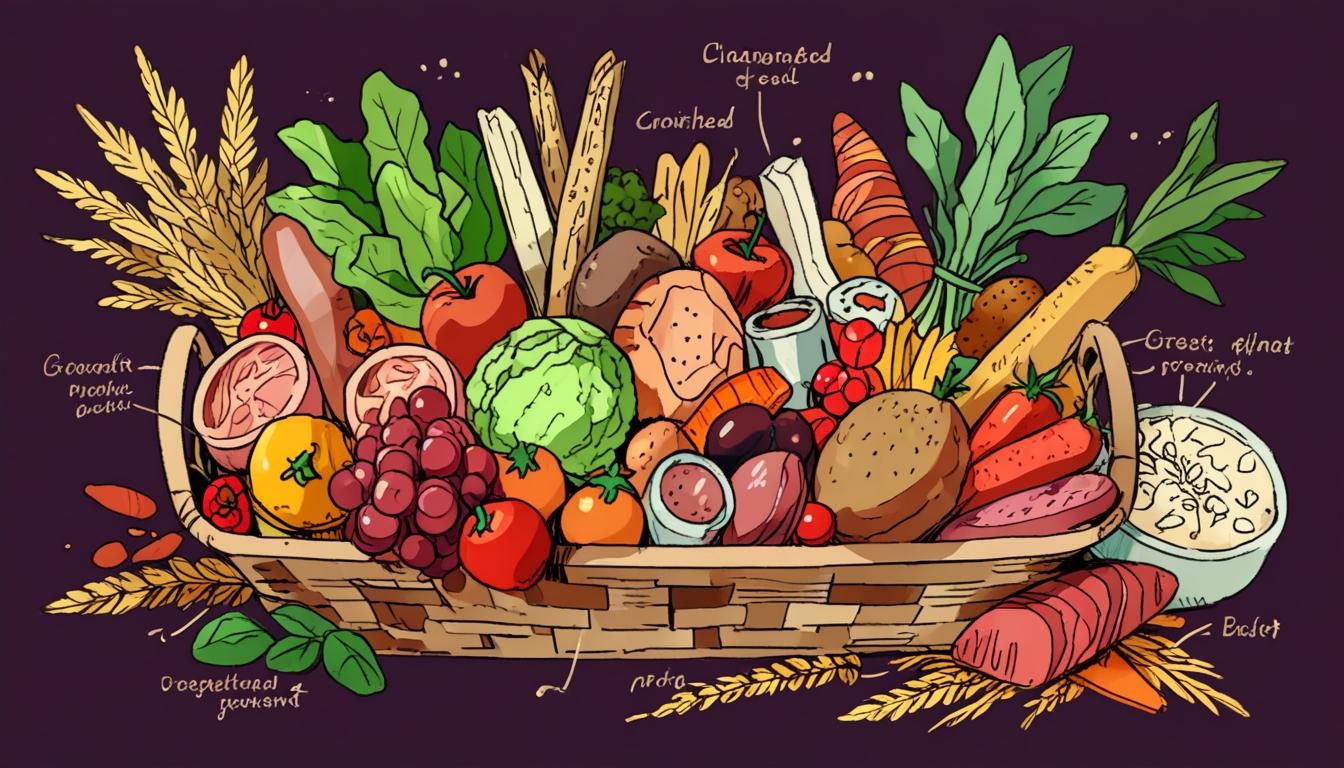Dr Liz O'Riordan, a prominent breast cancer surgeon and survivor, has shared insights into dietary factors that may be linked to cancer risk. Dr O'Riordan, who was diagnosed with stage 3 breast cancer in 2015, experienced a recurrence of the disease in 2018 following treatment that included a mastectomy and chemotherapy. Since her diagnosis, she has transitioned from surgical practice to focus on writing and public speaking about cancer treatment and prevention.
In her recent publication, "The Cancer Roadmap," Dr O'Riordan discusses her findings based on recent research regarding dietary habits and cancer. She identifies three specific food types that she suggests are directly correlated with cancer formation: red meat, processed meat, and ultra-processed foods (UPFs).
According to Dr O'Riordan, red meat, which includes beef, lamb, pork, and venison, is classified as a Group 2A carcinogen, indicating that there is convincing evidence suggesting it probably causes bowel cancer. However, she advises that individuals do not need to eliminate red meat entirely from their diets. Instead, Dr O'Riordan recommends limiting consumption to no more than three times a week, with a total weekly intake of approximately 250 grams.
In contrast, processed meat, which comprises products such as ham, bacon, salami, chorizo, and frankfurters, is classified as a Group 1 carcinogen. Dr O'Riordan states, "Processed meat has been classified as a Group 1 carcinogen, which means that processed meat definitely causes cancer – in particular bowel cancer." She adds that the risk of developing bowel cancer increases by 1.18 times for every 50 grams of processed meat consumed each day. However, she acknowledges that while processed meats share classification with substances like tobacco and alcohol, this does not equate to a similar level of risk.
Dr O'Riordan also warns of the heightened risks associated with ultra-processed foods. A study from 2023 indicated that individuals consuming higher quantities of UPFs face a 10% increased risk of developing cancer over their lifetime. She clarifies that not all ultra-processed foods pose the same risk, noting, "It was only animal-based products and artificially sweetened drinks that increased the risk," while products like breads, cereals, and plant-based ultra-processed foods showed no adverse impact.
To illustrate the potential impact of diet on cancer risk, Dr O'Riordan mentions a scenario: "If a woman lives until she's 80, her lifetime risk of getting cancer is 40%. If she ate a lot of UPFs, her risk increases from 40% to 44%. That's an extra four in 100 people who would get cancer if they regularly eat a lot of UPFs."
Despite these findings, Dr O'Riordan acknowledges the complexity of establishing direct causation, noting that there may be additional factors contributing to the rise in cancer rates. She concludes by empathising with the challenges of maintaining a healthy diet in today's fast-paced environment and underscores the importance of being mindful of dietary choices when shopping for groceries.
Source: Noah Wire Services
